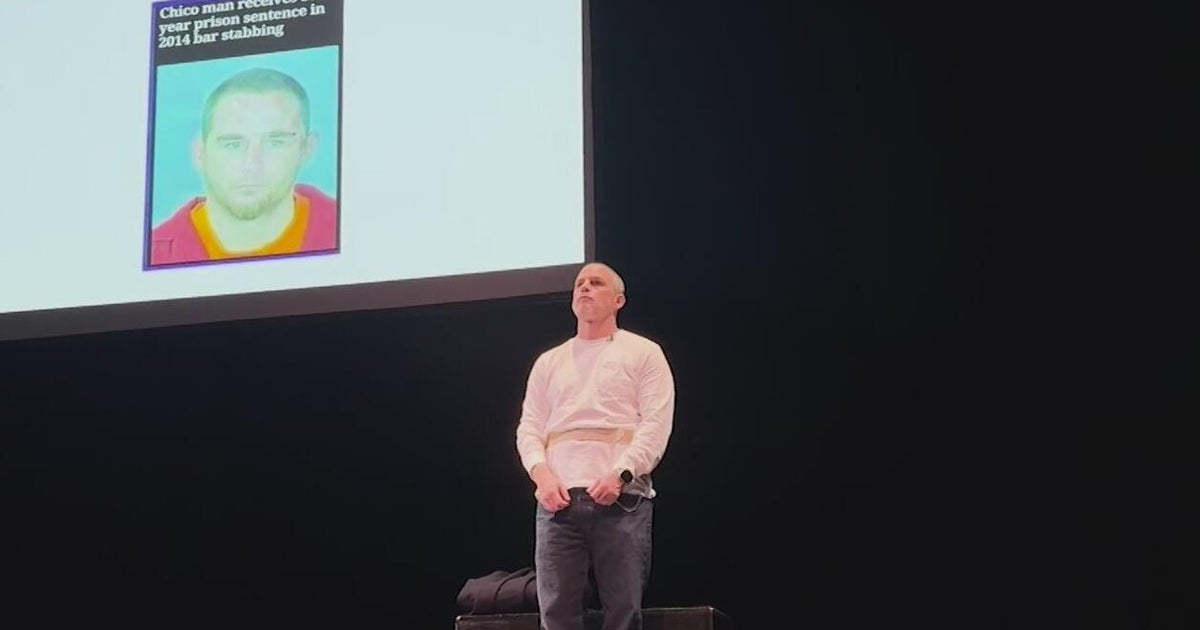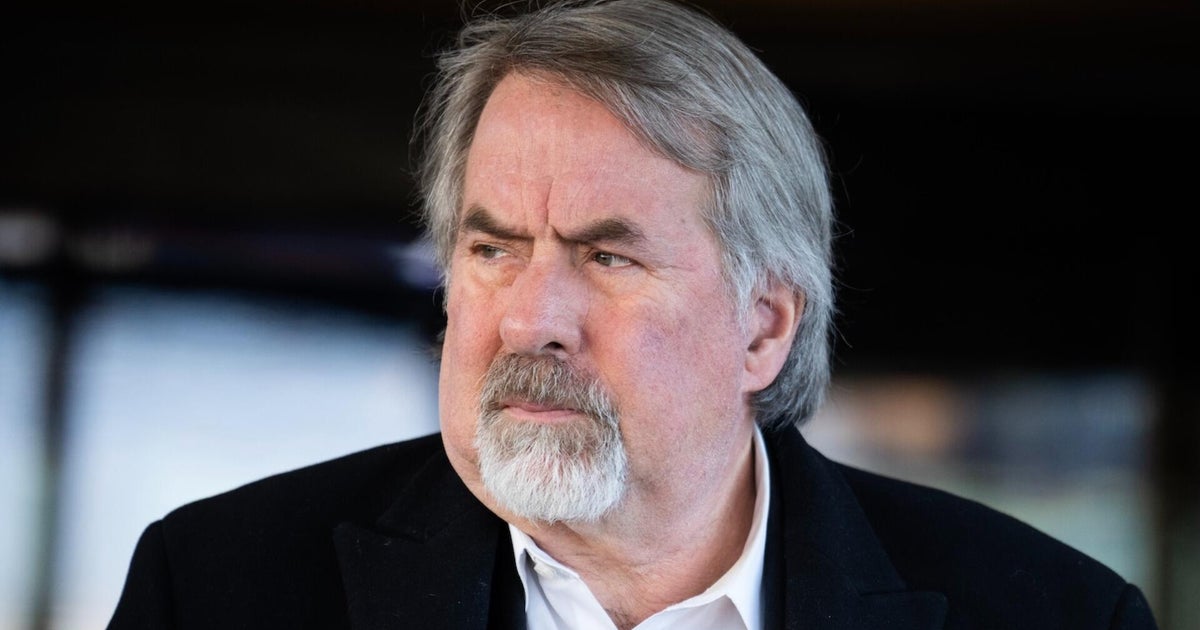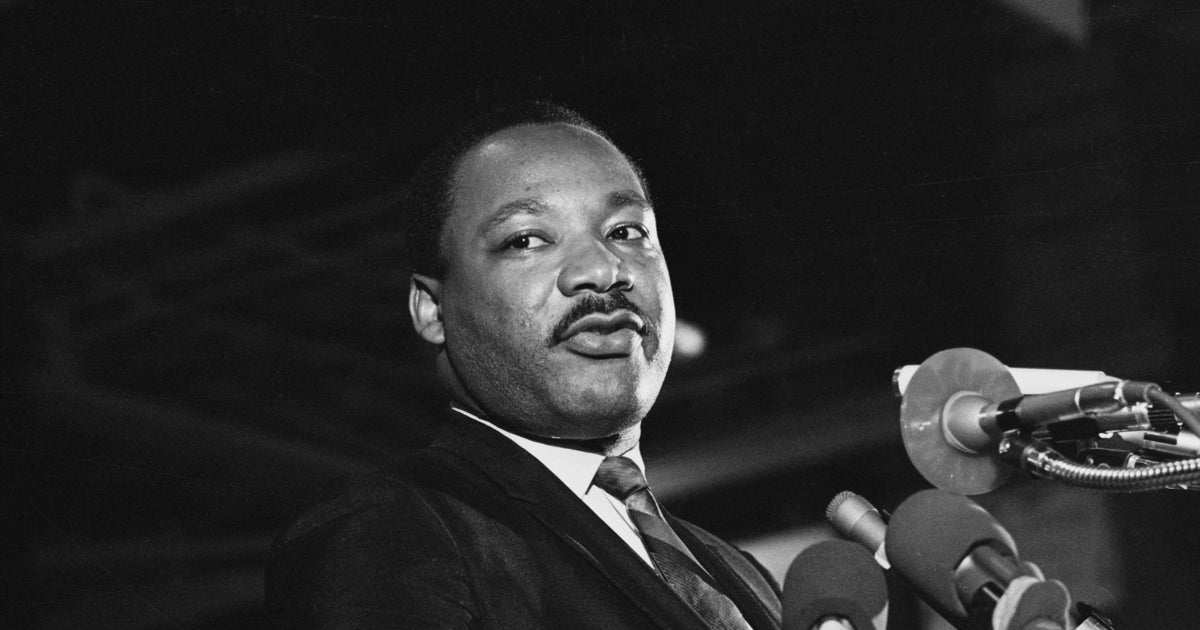Rep. Israel: Repeal Dishonorable Discharges For Gay Veterans
HUNTINGTON, N.Y. (CBSNewYork/AP) -- Before the repeal of the "Don't Ask, Don't Tell" policy, some servicemembers were subjected to dishonorable discharges because they were gay.
And as WCBS 880's Sophia Hall reported Saturday, Long Island U.S. Rep. Steve Israel (D-N.Y.) announced legislation Saturday to repeal those dishonorable discharges, and make sure the veterans get the recognition and benefits they deserve.
Rep. Israel: Repeal Dishonorable Discharges For Gay Veterans
In announcing the legislation in front of the reviewing stand for the Long Island Pride Parade in Huntington, Israel was joined by David Kilmnick, chief executive officer of Long Island Gay and Lesbian Youth, and Robert O. Hawkins Jr., a World War II veteran who was dishonorably discharged because he is gay.
Hawkins wanted his career to be in the military.
"I would have been an admiral by now," he said.
But in 1962, when Hawkins was stationed in Florida, he received an ominous knock at his door.
"They said, 'We have proof you are a homosexual, and you can either resign your commission or face a court martial,'" Hawkins said. "I resigned. I had no choice, really."
Only recently was Hawkins, 75, able to get his discharge changed to honorable. He ended up working as a teacher and associate dean at a college.
Israel said in all, there are at least 31,000 other servicemembers who were discharged because they were gay.
Israel's proposed legislation would change all of their discharges to honorable, allowing them to receive medical and other benefits.
President Barack Obama signed legislation repealing "Don't Ask, Don't Tell" in December 2010, delivering on a campaign promise when he first ran for president two years earlier.
By the time President Bill Clinton first proposed allowing gays to serve in the military in 1993, they had been explicitly barred from military service since World War I.
Foes of lifting the ban argued that the military shouldn't be used to expand the rights of gays and that allowing them to serve openly would hurt troop morale and a unit's ability to fight -- the same arguments used against women and blacks.
In the end, Congress agreed to let gays serve only if their sexual orientation remained secret. More than 13,500 service members were dismissed under the 1993 law.
Check Out These Other Stories From CBSNewYork.com:
(TM and © Copyright 2013 CBS Radio Inc. and its relevant subsidiaries. CBS RADIO and EYE Logo TM and Copyright 2013 CBS Broadcasting Inc. Used under license. All Rights Reserved. This material may not be published, broadcast, rewritten, or redistributed. The Associated Press contributed to this report.)







